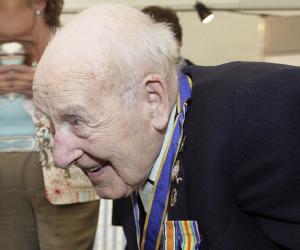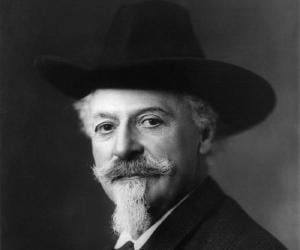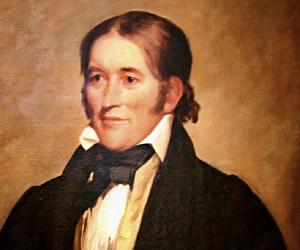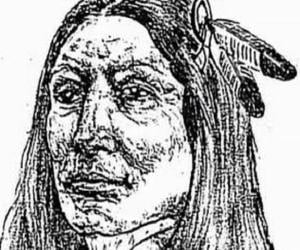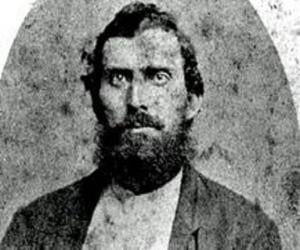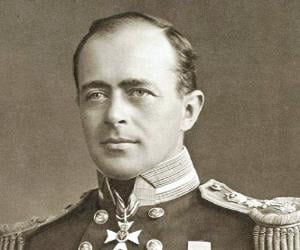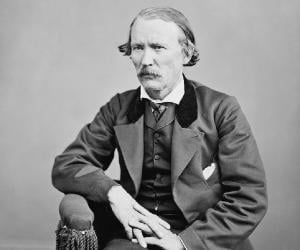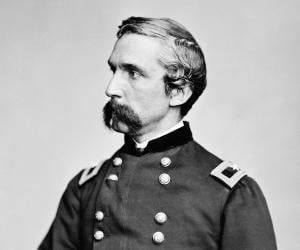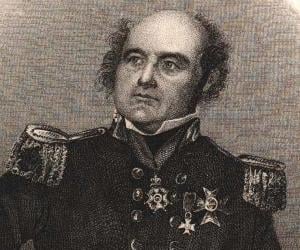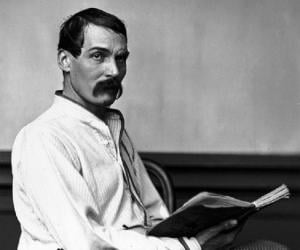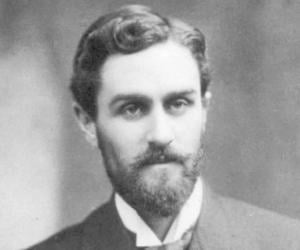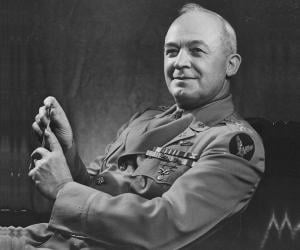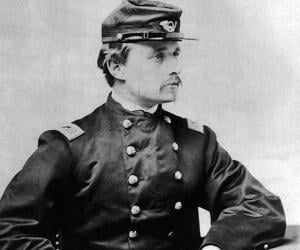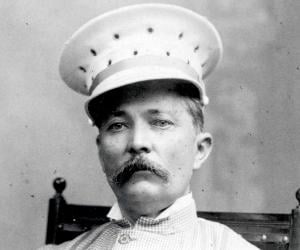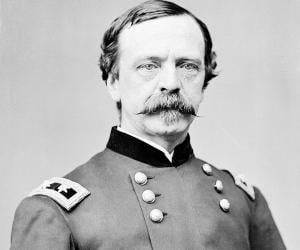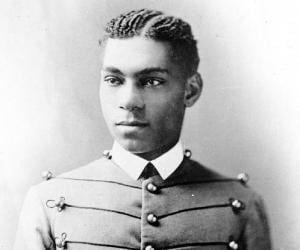Nineteenth-century Lakota war lord Crazy Horse, of the Oglala subtribe, is remembered as a legendary hero who fought against white encroachment of Native American territories. He was part of the Black Hills War and the Battle of the Little Bighorn. He died fighting at Camp Robinson, in modern-day Nebraska.
Newton Knight was an American soldier, farmer, and Southern Unionist in Mississippi. He is best remembered for leading a band of Confederate army deserters known as the Knight Company, who opposed the Confederacy during the American Civil War. His life and work have inspired films, such as Tap Roots and Free State of Jones.
Robert Falcon Scott was an explorer and Royal Navy officer. He is remembered for leading two expeditions to the Antarctic regions, the second of which was the ill-fated Terra Nova expedition. Although Scott and his companions died during the second expedition, they helped discover the first Antarctic fossils, which proved that the place was once forested.
A frontiersman and a fur-trapper, Kit Carson played a major role in the US’s westward expansion. Mostly known for guiding explorer John C. Frémont, he was criticized for his contribution to the displacement of native Americans as an Indian agent. He became part of folk legend for his exploits as a fighter, too.
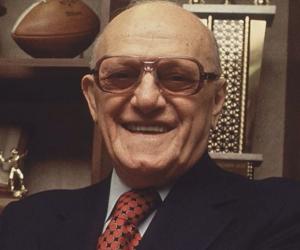
Richard Francis Burton was a British explorer, soldier, and scholar. He is best remembered for his explorations in Africa, Asia, and the Americas. Along with John Hanning Speke, Burton was the first European to witness the Great Lakes of Africa. A prolific writer, Burton wrote several scholarly articles about numerous subjects like sexual practices, falconry, human behavior, travel, and ethnography.
Roger Casement was an Irish nationalist and diplomat. Also a well-known humanitarian activist, Casement is remembered for the Casement Report, a 1904 document in which he wrote about the abuses in the Congo Free State. His investigations of human rights abuses earned him a knighthood in 1911. However, Casement was stripped of his knighthood after being charged with high treason.
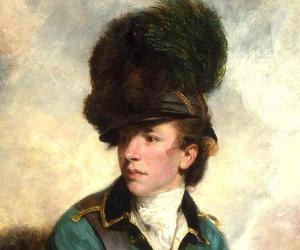
Banastre Tarleton was a British politician and general. He served in the American Revolutionary War where he was a lieutenant colonel. An iconic figure, Tarleton has been portrayed in several films, such as Sweet Liberty, The Patriot, and Amazing Grace. He has also been depicted in many TV series and novels.
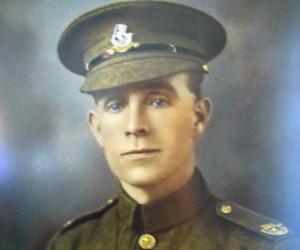
Henry Tandey was a British soldier who played an important role during the First World War. In 1918, Tandey was honored with the Distinguished Conduct Medal for his efforts during the second Battle of Cambrai. The same year, Henry Tandey was also honored with the prestigious Victoria Cross for exhibiting bravery in the face of death.
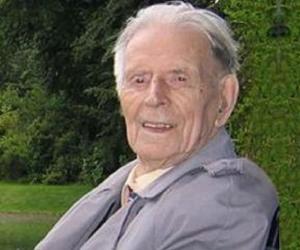
Harry Patch was an English soldier who served during the First World War. A supercentenarian, Patch was the last surviving combat soldier to have fought in the trenches during the First World War. At the time of his death, Harry Patch was the world's third oldest man and the oldest man in Europe.
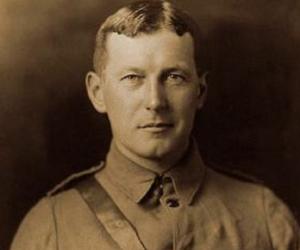
Best known for his iconic war poems such as In Flanders Fields, Canadian poet John McCrae was also an army physician. He was the first Canadian to serve as a consulting surgeon for the British Army and had earned the rank of Lieutenant Colonel in the Canadian Army.
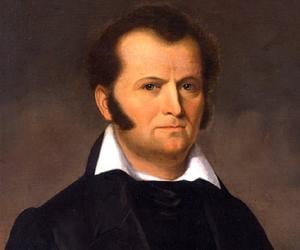
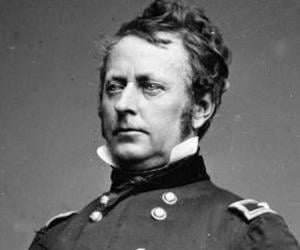
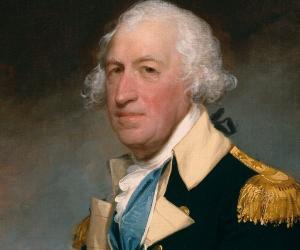
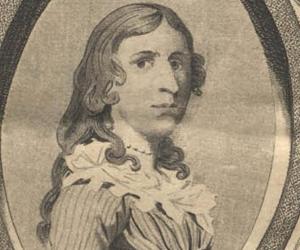
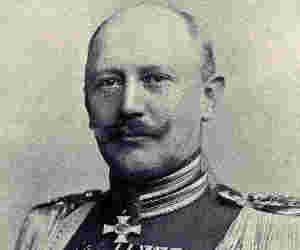
Helmuth von Moltke the Younger was a German military officer who served as a general. Moltke the Younger became the Chief of the German General Staff and led the German Army between 1906 and 1914. His influence on Germany's decision to enter World War I has tarnished his legacy. The failure of his Schlieffen Plan has also earned him criticisms.
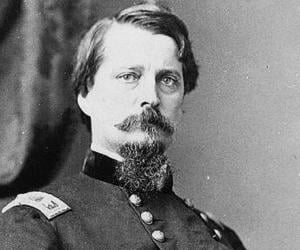
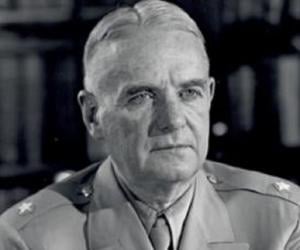
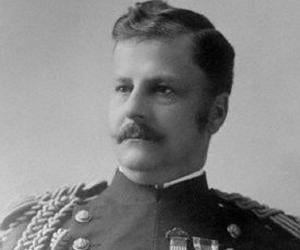
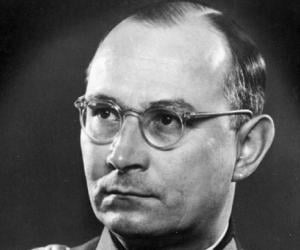
German general Friedrich Olbricht was part of the First World War but is best remembered for his association with the July Plot to assassinate Adolf Hitler. Eventually arrested for the conspiracy, he and the other plotters were executed, and Olbricht was the first to be shot.
Henry Morton Stanley was a Welsh-American explorer, journalist, colonial administrator, soldier, politician, and author. He is remembered for his exploration of central Africa and his search for the source of the River Nile. Stanley received an honorary title of knighthood in 1899. His life and career inspired the 1939 movie Stanley and Livingstone, where Stanley was played by Spencer Tracy.
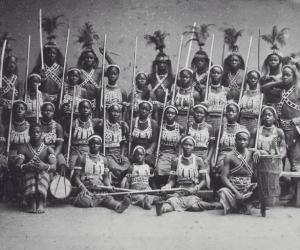
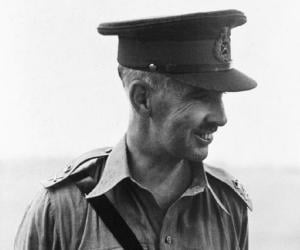
Blamed for undermining the British Imperial prestige by surrendering to the Japanese Army during the Battle of Singapore, Arthur Percival was actually a distinguished military officer, known for his successful campaigns in interwar period. Plagued with underequipped garrison from the beginning, he was forced to surrender in order to save the lives of his 100,000 men and became the scapegoat.
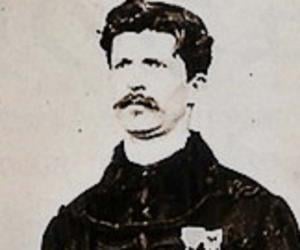
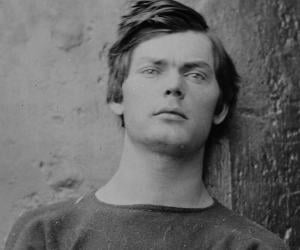
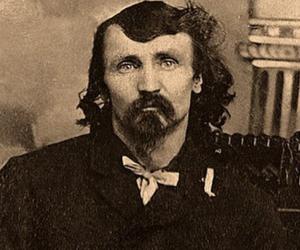
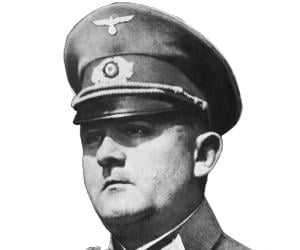
Dietrich von Choltitz, the last commander of Nazi-occupied Paris, is best remembered for disobeying Adolf Hitler’s orders of burning Paris down, an action that earned him the nickname of the Savior of Paris. His many awards include the Knight's Cross and the German Cross. His exploits inspired the film Is Paris Burning?
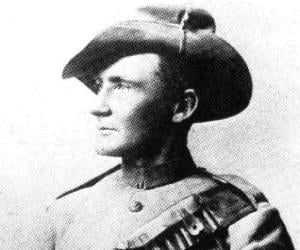
Anglo-Australian bush poet and military officer Breaker Morant was one of the first war criminals who was court-martialled, convicted and executed in British military history for murder during the Second Anglo-Boer War. A folk hero in modern Australia, Morant became subject of several books, a play and an award-winning film.
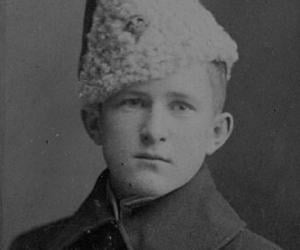
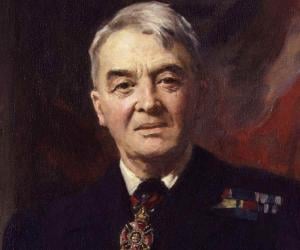
John Fisher, 1st Baron Fisher, was 13 when he first joined the navy. The British admiral later became the First Sea Lord. He is remembered for introducing torpedo-boat destroyers and for improving the naval gunnery. He retired over bitter disagreements with the likes of Winston Churchill and their naval expedition plans.
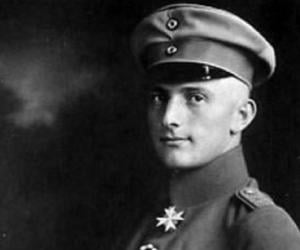
Lothar von Richthofen was a German flying ace who served during the First World War. He was the younger brother of another aviator Manfred von Richthofen, whose life inspired the 2008 German-British biopic The Red Baron where Lothar von Richthofen was played by German actor Volker Bruch. Richthofen died in a flying accident when he was just 27 years old.
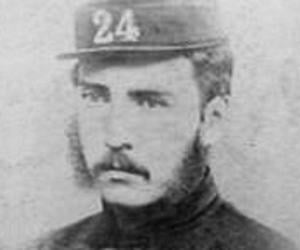
Recipient of the Victoria Cross, Gonville Bromhead was a British army officer, hailed for his role in the defence of Rorke's Drift during 1879 Anglo-Zulu War. He not only played an important part in repulsing the Zulu assault, but also stayed back to defend the area from future attacks until he was sent back to England to receive his award.
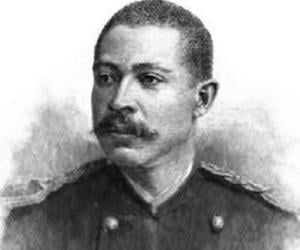
A laborer’s son, George Washington Williams had been a Union Army soldier during the American Civil War, when he was barely 14. He had then been a Baptist minister, a politician, a lecturer, a lawyer, and a journalist, but is best remembered for being the first to write about Black history.
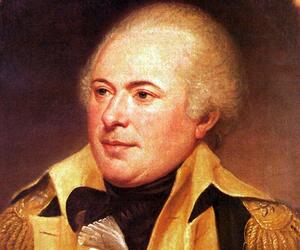
James Wilkinson served the Continental Army during the American Revolutionary War and also revealed Aaron Burr’s conspiracy to the U.S. government. While he worked against the Spanish people as part of the U.S. army, he was later revealed to be a Spanish spy, also known as Number Thirteen.
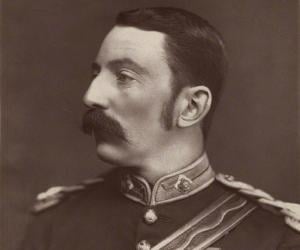
Royal Engineers army officer John Chard was one of the 11 men to receive the Victoria Cross for defeating a Zulu army of 4,000 warriors at the battle of Rorke's Drift, with a British army of 135. His handwritten account of the war was later auctioned off for £175,000.
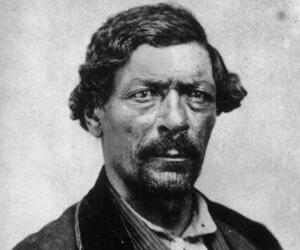
Born to a white man and a mulatto slave woman, Jim Beckwourth was practically born into slavery. While he looked like an American Indian, he was known as a “free Negro” after being released. Known as Bloody Arm, he is credited with exploring the Beckwourth Pass.
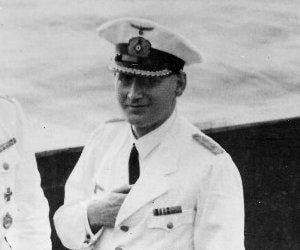
Hans Langsdorff was a German naval officer best remembered for commanding the Admiral Graf Spee, a heavily armed cruiser, which was nicknamed pocket battleship by the British. The legendary ship played a key role in the Spanish Civil War where it conducted five non-intervention patrols.
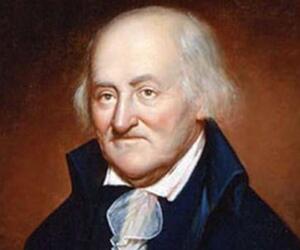
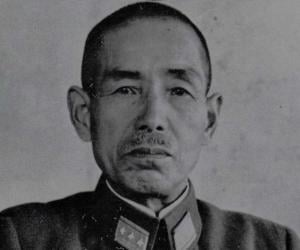
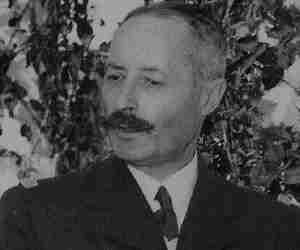
Then first Black to have graduated from West Point’s Military Academy, Henry Ossian Flipper was born to slave parents. He also became the first African-American to command US Army troops. He was dismissed unjustly on embezzlement charges and later worked as a civil engineer. His name was cleared posthumously.
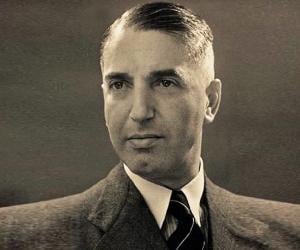
Known as Albert Dussel in Anne Frank’s diary, Fritz Pfeffer was a successful Jewish dentist who had hid along with Anne Frank and her family in the Secret Annex during the Nazi invasion of the Netherlands. Initially deported to Auschwitz-Birkenau, he later died at the Neuengamme concentration camp.
